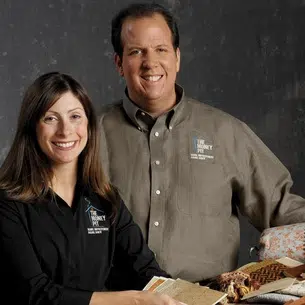By Catarina Demony
LISBON (Reuters) – Portuguese prosecutors said on Thursday they have launched 10 inquiries into alleged child sexual abuse by Catholic Church clergy, the first such move since a commission was created seven months ago to investigate accusations.
A commission investigating child sexual abuse by Catholic clergy in the Iberian nation has collected around 350 testimonies since it started its work in January. It has said that number was “just the tip of the iceberg”.
The majority of the alleged crimes were committed decades ago, and can no longer be investigated due to Portugal’s statute of limitations, but the commission has submitted 17 testimonies to public prosecutors.
Based on those testimonies, the prosecutor’s office launched the 10 inquiries, it said, adding that seven of them were ongoing while three were dismissed due to lack of evidence, statute of limitations or because they had already been investigated.
The Portuguese commission was formed after a report by a commission in France revealed last year that around 3,000 priests and religious officials had sexually abused more than 200,000 children over the past 70 years.
The Portuguese commission, which has its own website and phone line, relies on alleged victims to come forward, but also on access to historic files from dioceses. It hopes to present the report by the end of this year.
In April, the head of the commission, Pedro Strecht said investigators had come across signs that Catholic officials, including current bishops whose names have not been disclosed, tried to cover up abuse.
Observador, a Portuguese newspaper, reported this week that Lisbon’s patriarch, Cardinal Manuel Clemente, was aware of an alleged sexual abuse crime that happened in the 1990s, met with the victim two decades later but decided not to inform authorities, and kept the priest on the job.
In a statement, the Patriarch of Lisbon confirmed it had received a complaint against one of its priests in the 1990s and was “fully available” to help authorities “find the truth” in the matter.
(Reporting by Catarina Demony; Editing by Paul Simao)







